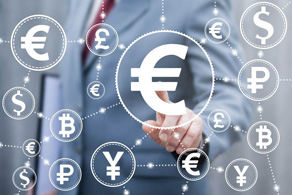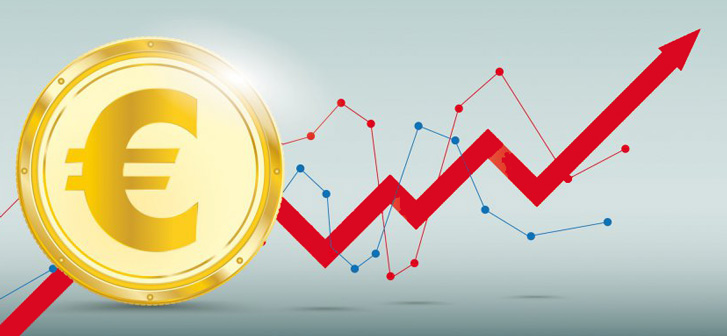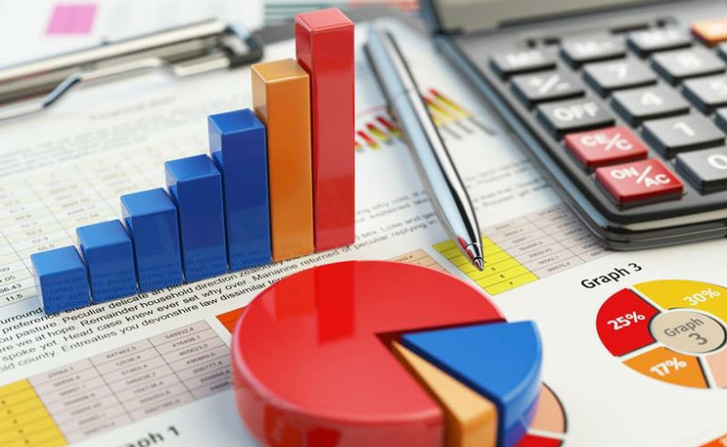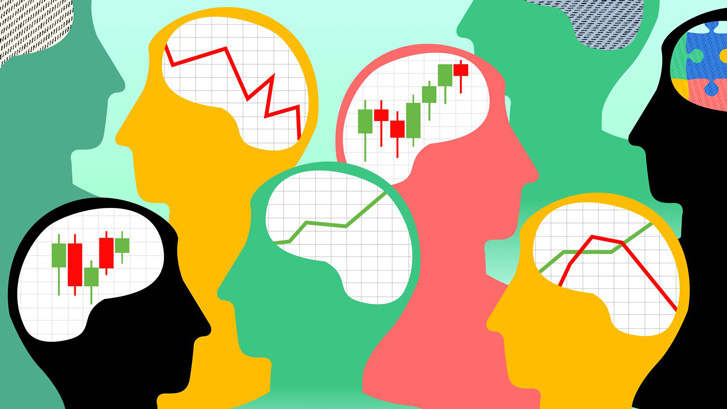What affects the euro exchange rate and how to use these factors to make a profit
The euro exchange rate is the price of the euro expressed in another currency. This is a value that is constantly changing depending on many factors, including the economic situation in the Eurozone countries, global trends and the political situation.

The value of the euro is important not only for international trade, but also for investors who use currency pairs for profit.
The importance of the euro exchange rate for the economy and investment of the Eurozone is quite high. This indicator affects the cost of imports and exports of goods and services, as well as the cost of foreign investments.
For example, when the euro appreciates against another currency, goods and services from the Eurozone become more expensive for buyers using that other currency.
List of factors influencing the euro exchange rate:
- Economic indicators: such as inflation rates, interest rates and economic growth in the Eurozone countries.
- Political environment: including elections, trade policy decisions and geopolitical events.
- Global trends: such as changes in oil and other commodity prices, as well as the general state of the global economy.
Understanding these factors can help investors predict changes in the euro and use this knowledge to profit from forex trading.

For example, an investor might decide to buy euros if they expect their value to increase in the future, and then sell them when their value does increase.
Factors influencing the euro exchange rate
The euro exchange rate is one of the key indicators of the global economy, and its fluctuations can have a significant impact on the financial market. Let's figure out what factors influence the euro exchange rate and how you can use this data to make a profit.
Economic factors: inflation, Central Bank rates, GDP
Some of the main economic factors influencing the euro exchange rate are inflation, Central Bank rates and GDP.
High inflation can cause the euro to depreciate as the currency's purchasing power declines.
Central Bank rates also play an important role: if rates rise, investors begin to actively buy the currency, which leads to an increase in its exchange rate. Read more about how Central Bank rates affect exchange rates - https://time-forex.com/info/uchet-stav-forex
A country's Gross Domestic Product also affects the euro exchange rate: the higher the GDP, the stronger the currency; accordingly, the publication of data on changes in GDP causes exchange rates to fluctuate.

Political factors: elections, government decisions, international relations
The political situation has a significant impact on the euro exchange rate. Elections, government decisions and international relations affecting countries in the Euro zone can cause significant fluctuations in the value of the European currency.
For example, political instability or war may cause the exchange rate to fall, while a stable government and favorable international relations may cause it to rise.
Psychological factors: investor sentiment, market expectations
Psychological factors are no less important. Investor sentiment and market expectations can significantly influence the euro exchange rate. If investors fear an economic crisis or political instability, they may begin to actively sell the currency, which will lead to its devaluation.
On the other hand, positive expectations can lead to an increase in the exchange rate. Here, published analyst forecasts and economic indicators for the last reporting period play a huge role.

Understanding these factors and being able to analyze them can help you make informed decisions and profit from trading the foreign exchange market.
How to use these factors to make a profit
Investment strategies based on changes in the euro exchange rate can be very profitable. There are several basic approaches to using these factors to make a profit:
- Earnings on the value of the euro when the exchange rate changes. This approach involves buying a currency when the rate is low and selling when it rises. , a news trading strategy is used to make a profit.
- Investments in shares of companies that depend on the euro exchange rate. For example, if a company mainly exports its products to Europe, then when the euro appreciates, its shares may increase in price.
- Use of financial instruments such as euro futures or options.
However, you should be aware of the risks and limitations of using these factors to make a profit. Firstly, the euro exchange rate can be very volatile and unpredictable, so there is always a risk of losing money.
Secondly, successful trading in the foreign exchange market requires a deep understanding of many factors, including economics, politics and financial markets.
Third, not all investment strategies are suitable for every investor, so it is important to choose one that suits your goals and risks.
In conclusion, changes in the euro exchange rate can be a powerful tool for making profits, but it requires careful analysis and understanding of the market.
In conclusion, knowledge and understanding of the factors influencing the Euro exchange rate is an important tool for any trader or investor. This knowledge allows you not only to increase profits, but also to minimize potential risks associated with currency trading.
Therefore, despite the fact that the forex currency market is quite unpredictable, a prepared trader will always have an advantage.
